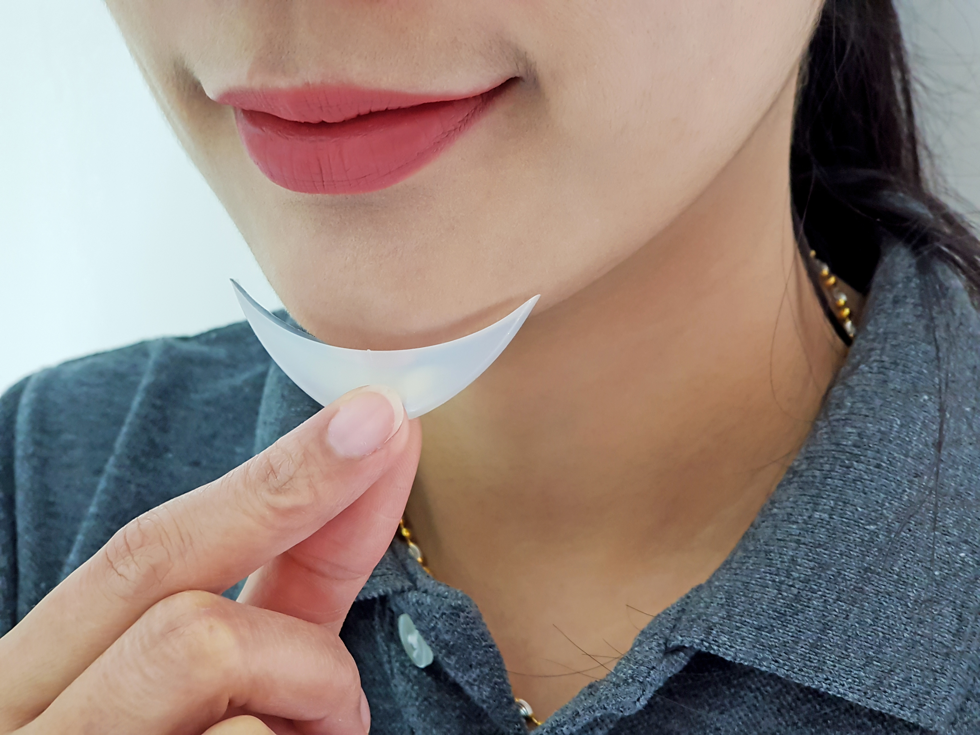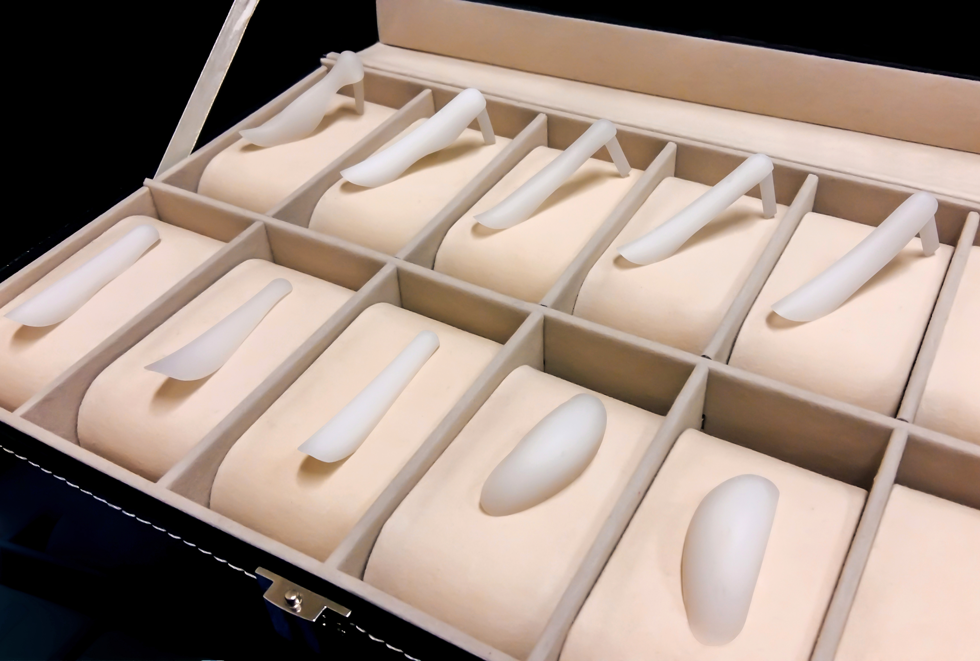Chin Implants
Published on: 6 Feb 2020, 9:09 a.m.
Mr Debashis Ghosh
NHS Consultant
GMC Number: 4657664

Medically reviewed by a licensed NHS consultant
Last updated: 15/08/2019Get Free & Simple Pricing, Procedure & After Care Information from a Licensed Consultant Now
What are chin implants?
Chin implants, also known as ‘chin augmentations’ or ‘chin enlargements’, is a popular plastic surgery procedure that improves the appearance of facial features by enhancing and changing the shape of the chin. Often, the chin implant procedure is combined with rhinoplasty(reshaping of the nose) to balance the facial proportions further.

PhotoCredit: ShutterStock/ Irina Bg
Am I a candidate for chin implants?
In general, you are a good candidate for a chin implant if you agree with any of the following:
- Have an underdeveloped chin
- Have a receding chin
- Are insecure about the appearance of your chin
- Wish to make your chin more prominent
- Wish to enhance the appearance of your face
The chin implant procedure
Chin implant surgery is generally a safe and simple procedure, taking approximately 40-60 minutes from start-to-finish. Patients’ are typically given general anaesthesia to avoid any discomfort during the procedure.

PhotoCredit: ShutterStock/ 100Y Design
What happens during the procedure?
Once the patient is asleep, an incision is made under the chin or in the mouth (between the lower lip and gum) where a silicone implant is then inserted. The implant is then adjusted to achieve the desired look that you will have discussed with your surgeon beforehand. After this, the incisions are closed using fine sutures, before applying a dressing.
What are chin implants made of?
There are different types of chin implants, coming in a variety of shapes and sizes to meet each individual’s every want and need. The implants are predominantly made from silicone and occasionally a bone graft is required if you have an underdeveloped chin, which is usually taken from the hip.

PhotoCredit: ShutterStock/ 100Y Design
Chin implant surgery recovery
This procedure requires minimal downtime with a follow up appointment being made a week post-surgery. Patients are advised to take a week off work and to avoid strenuous exercise for at least 3 weeks after the chin implant procedure, to encourage healing or prevent the stitches from opening.
It is also advised that patients should eat mostly soft fluids in the first few days post-surgery, which is to be consumed through a straw.
Spicy hot foods should be avoided for at least a week after surgery too.
Chin implants before and after results
As with any type of surgery, swelling and bruising is common after the chin implant procedure. Typically, it can take up to three months to see the final results, but this can vary from person to person.
Chin implants side effects
Chin implants are very safe, but like all cosmetic procedures there are some possible risks that you should be aware of if you are considering chin implant surgery.
Some side effects of chin implants include:
- Discomfort
- Swelling
- Bruising
- Infection
- Bone absorption
- Bleeding
Chin implant cost in the UK
The cost of chin implants can vary significantly due to several factors, such as geographical location, quality of the clinic and the amount of silicone required. On average, you can expect a chin implant to cost around £2,000 to £4,000 in the UK.
If you are concerned about the cost, take a look at the different financial options for plastic surgery. It’s worth bearing in mind that if you have found a practitioner that you are happy to go ahead with, it is worth speaking to them about possible payment options, such as splitting the cost over the course of six months/a year – even if they do not openly advertise finance options on their website.
Finding a practitioner
As with any kind of cosmetic surgery, chin implants must be performed by a doctor who is registered with the General Medical Council (GMC), and their clinic must be registered with the Care Quality Commission (CQC). This is a vital step in the process of finding a qualified practitioner to carry out your procedure, as if they (or their clinic) are not properly registered you may be left out of pocket and walking away from surgery without your desired outcome.
To find out more about finding a practitioner, read our helpful guide on choosing a plastic surgeon to avoid botched surgery.